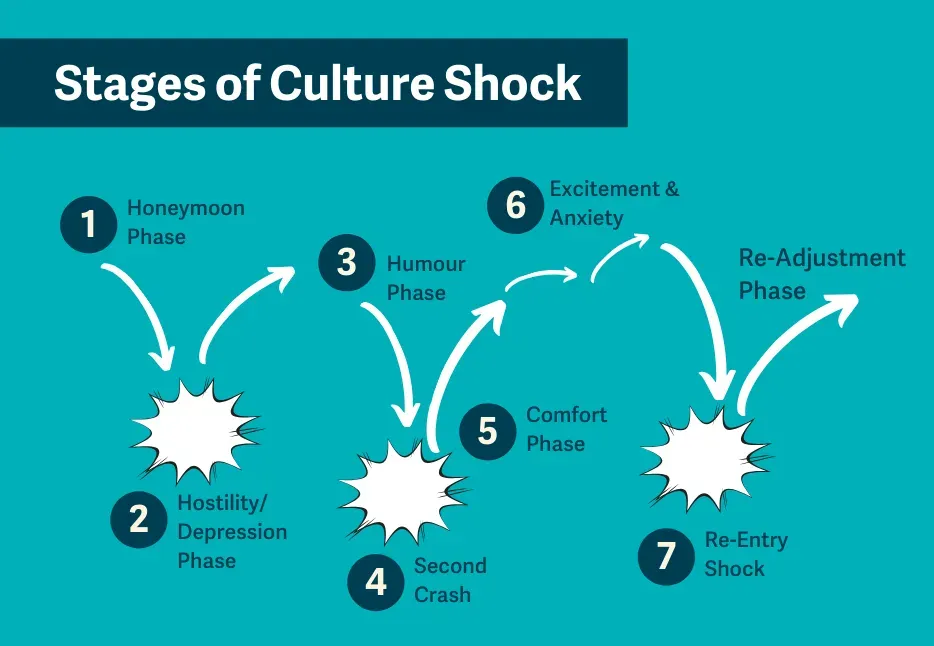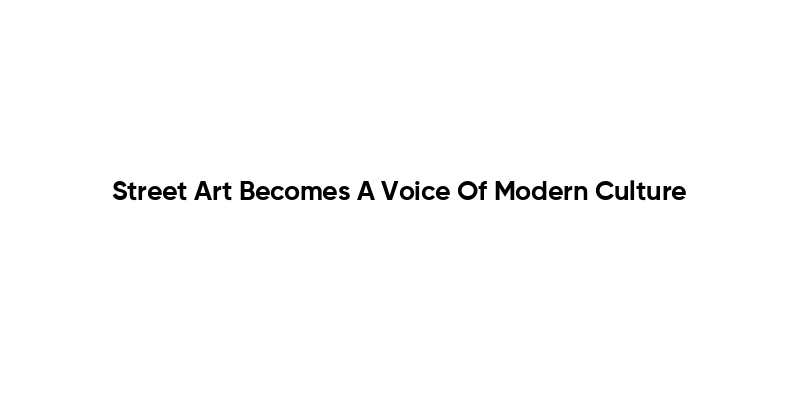Culture shock is a natural response to entering unfamiliar social norms, languages, and daily routines. In navigating this experience, cross-cultural adaptation becomes a meaningful framework for turning surprise into skill, resilience, and more effective communication across cultures; this approach emphasizes practical steps, ongoing feedback, and learning from everyday interactions. The process can spark personal growth, deepen empathy, and sharpen your ability to read and respond to unfamiliar cues, even when stress levels rise, and readers can feel the nuance in tone and intent as they begin to pick up local patterns, rituals, and cues that once confused them. Rather than seeing the reaction as a flaw, you can view it as a doorway to cultural adjustment and more confident engagement with others, colleagues, classmates, and friends; in practice, that reframing reduces anxiety, builds confidence, and invites you to participate more fully in conversations, collaborations, and social life. Over time, deliberate practice—curiosity, listening, reflection, and deliberate exposure to new environments—helps you grow steadier in adapting to new environments with intention, patience, and an expanded sense of your place in the world, supported by mentors, peers, and authentic experiences.
Another way to frame this experience is as a cultural transition, part of the broader arc of intercultural learning and adaptation. As you move through customary differences in language, etiquette, and work styles, you build intercultural competence and a nuanced understanding of how context shapes meaning. This shift isn’t a failure; it’s a natural acclimation process that translates discomfort into practical skills for collaboration, problem solving, and relationship building across diverse settings. By reframing the challenge as a journey of adjustment and immersion, individuals can cultivate resilience, curiosity, and effective cross-cultural communication in a connected world.
Culture Shock as a Catalyst for Cross-Cultural Adaptation in a Globalized World
Culture shock is a natural response to encountering unfamiliar social cues, languages, and daily routines. In our globalized era, these encounters occur with increasing frequency—through travel, study abroad, work assignments, or online collaboration—opening opportunities for growth rather than triggering failure. Framing culture shock as a normal stage of exposure helps fuel cross-cultural adaptation, boosting intercultural competence and professional flexibility in diverse settings.
As you move through the initial excitement, frustration, and eventual adjustment, you’re engaging in cultural adjustment that strengthens your ability to navigate cultural differences. This journey is not about erasing your identity but about expanding it, cultivating patience, empathy, and practical skills that translate to better collaboration, communication, and resilience across borders. When approached thoughtfully, culture shock becomes a guide to learning in a connected world.
Practical Strategies for Navigating Cultural Differences and Adapting to New Environments
Effective cross-cultural adaptation starts with concrete steps: learn basic local language skills, observe norms, and ask respectful questions. Seek feedback from hosts, colleagues, or mentors to refine your approach, and practice flexible communication that blends direct clarity with cultural sensitivity. Building a support network of locals, expatriates, and international peers reinforces your capacity to adapt to new environments and accelerates your ongoing journey of adapting to diverse contexts.
Beyond daily tasks, maintain reflective practice, journaling, and engagement with inclusive communities to support cultural adjustment. Regular check-ins on your goals and challenges help you detect patterns, celebrate progress, and recalibrate strategies. By leveraging pre-departure resources, mentorship, and safe spaces for experimentation, you strengthen your ability to navigate cultural differences and thrive in a globalized landscape.
Frequently Asked Questions
What is culture shock and how does cross-cultural adaptation help you manage it in a globalized world?
Culture shock is the emotional and cognitive disorientation that can occur when entering a culture different from your own. In a globalized world, you may experience stages of excitement, frustration, adjustment, and integration. Cross-cultural adaptation is the proactive process of learning to function effectively across cultures by building cultural intelligence (CQ), understanding local norms, and refining communication. By observing, seeking feedback, practicing humility, and building local connections, you can shorten the adjustment period and turn culture shock into growth.
What practical steps can I take to adapt to new environments and reduce culture shock when navigating cultural differences in a globalized context?
To reduce culture shock while adapting to new environments, start with pre-arrival research on local customs and etiquette. Learn basic phrases in the local language, observe norms, and ask questions with genuine curiosity. Seek feedback from hosts or mentors, build a support network, and maintain reflective journaling to track progress. Practice flexible, context-appropriate communication, gradually immerse in local activities, and prioritize well-being. These strategies support cultural adjustment and effective navigating of cultural differences in a globalized world.
| Section | Key Points |
|---|---|
| Introduction | Culture shock is a natural response to unfamiliar social norms, languages, and daily routines. In a globalized world, encounters with new cultures happen frequently. It is a normal phase that can propel personal growth, intercultural competence, and professional adaptability. When navigated thoughtfully, culture shock becomes a guidebook for learning, empathy, and resilience. |
| Understanding culture shock | Describes emotional and cognitive disorientation after exposure to a culture different from one’s own. Stages often include initial excitement, frustration, adjustment, and eventual acceptance and integration. In a globalized world these stages can unfold quickly; intensity and duration vary by individual and context. The dynamic is: new cues, new rules, and new ways of communicating. |
| Why culture shock matters in a globalized world | Globalization accelerates intercultural contact. Signals like punctuality, direct feedback, or assertive leadership may be interpreted differently. Miscommunication and stress can arise if not managed. A healthy response builds cross-cultural adaptation—an updated set of behaviors, attitudes, and strategies for diverse environments. Embracing cultural differences is central to navigating today’s interconnected landscape. |
| Key factors fueling culture shock |
|
| Strategies for cross-cultural adaptation |
|
| Adapting to new environments |
|
| Navigating cultural differences |
|
| Cultural adjustment |
|
| Practical tools to accelerate adaptation |
|
| The role of globalization in shaping culture shock experiences |
|
Summary
Culture shock is a shared, transformable experience in a globalized world. By approaching it as an opportunity for cross-cultural adaptation, you can develop practical skills that serve you across personal and professional arenas. Embrace the journey of adapting to new environments with curiosity, empathy, and a growth mindset. With deliberate practice—learning the language, observing local norms, building supportive networks, and refining your communication style—you’ll move from initial disorientation toward confident cultural adjustment and meaningful connection. In a world where borders blur and collaboration spans continents, the ability to navigate culture shock gracefully is a powerful competitive advantage and a hallmark of resilient, globally minded individuals.



